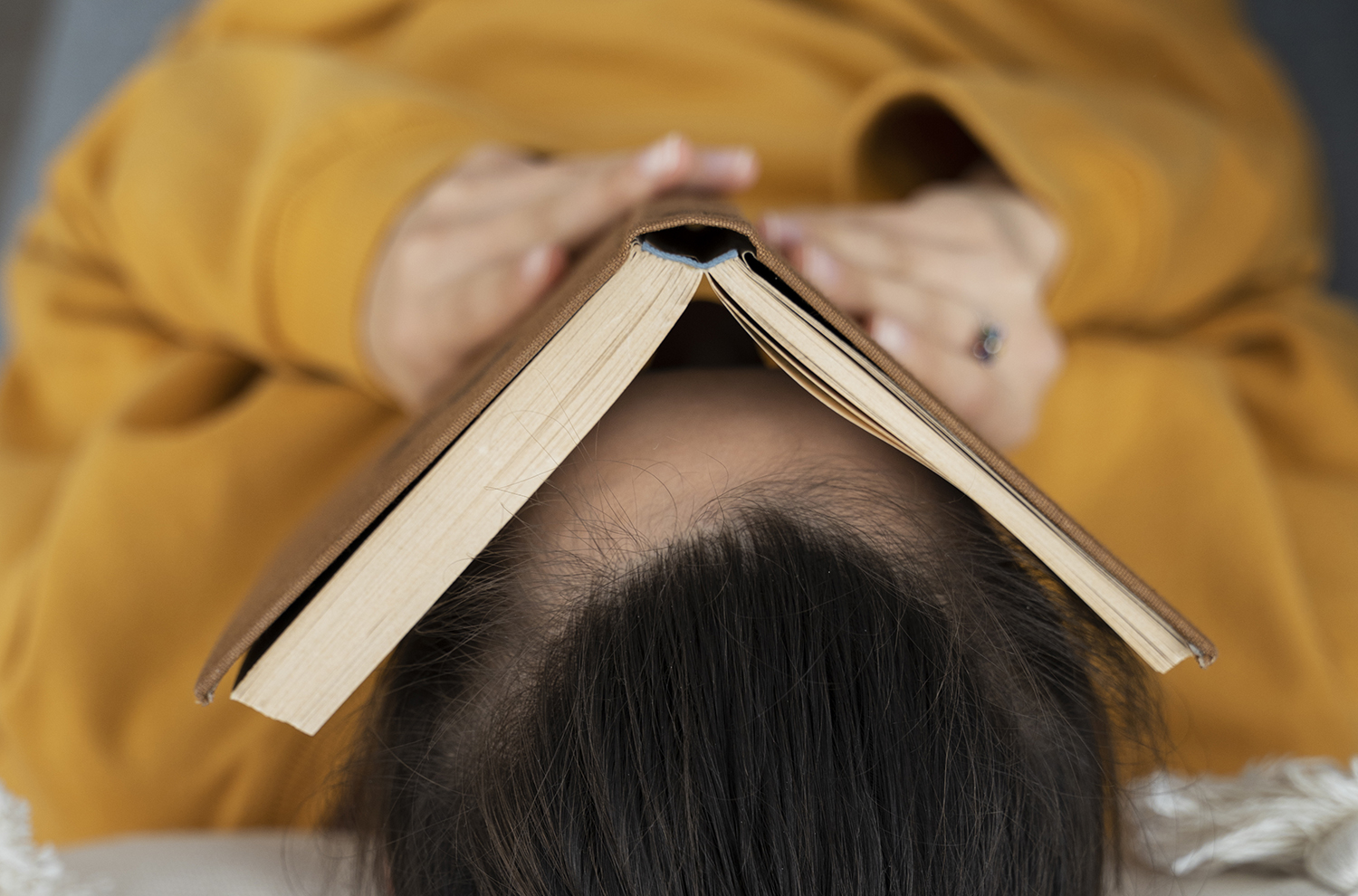
On the occasion of October 8, International Dyslexia Day, numerous articles have been seen on this neurobiological disorder. The child will find great difficulties to learn to read and decode letters and words, but the experts have also made an observation: at first write the letters upside down, mix the letters… it can be usual, so you do not have to make a quick and quick diagnosis, until 7 years old it is not recommended to make a diagnosis.
Read the syllable backwards?
If at age you find it hard to read, if you read too slowly, if you find it hard to understand what you are reading (because you have a lot of work deciphering letters and words)… you may have dyslexia. The person with dyslexia, for example, has great difficulty memorizing the letters, memorizing the sounds of the letters, or identifies the separated letters but not within a word (starts reading and mixing letters, eats letters, mixes sounds of letters…). Sometimes, it invents what it reads (wants to read quickly and can end up in a long word for example); when reading it often stops and it does so very slowly, because it costs a lot; it does not read words like the end of a word, the beginning of the next (instead of reading “dog with cat”, it can read “dog with dog”); instead of “lexicon in the pressure of reading”, it can say “sedate”.
The consequence is frustration, anguish, the result of so much effort and powerlessness. Of course, all of this can influence self-esteem, and that's why, according to experts, it's important to work all of that patiently and give safety to the child in himself. In addition to using adapted material for people with dyslexia, they consider it important to use adapted educational strategies.
Within this adapted material, the woman herself who created the Dytective tool, Luz Rello, has dyslexia, and she has told it in the interviews: “At age 10, I knew I had dyslexia, a professor discovered me, and that changed my life. Until then, I thought I was stupid, ruthless, making a huge effort to hide my difficulties. From there, I started receiving help to improve the reading and writing process, and soon it paid off.”
In the classroom of 25 students, the tutor must meet the multiple needs and a growing number of students who need special attention.
Scarcity of resources for needy students
At school, students who need specific help are those who have dyslexia, but at ARGIA we've told what's happening with this help. Students diagnosed with special needs are introduced to the so-called map of the center and their presence in it implies that, to the extent that the student needs more attention, a personal resource (educator or PT) will be assigned to accompany them in the learning itinerary and in the classroom, adapt the curriculum to their needs, etc. But for a few years different profiles have been drawn from the maps, they have only left on the map the most pressing needs (disabilities, serious disorders…), and the rest, the so-called students with specific needs, have no added resources, the tutor (in itself the cloister) has to respond to the needs of these students and has to adapt the material and learning process to the reality of each. As has been said, students in need of specific help include those with dyslexia, but also those with other difficulties. It should be borne in mind that the number of these students is increasing considerably. A consequence? In the classroom of 25 students the tutor (the cloister) has to attend to multiple needs and more and more students who need special attention, has to adapt learning processes more and more, and the report interlocutors are clear that the burden is obvious, that teachers often fail to respond adequately to all, and that teachers have a great lack of training, which often does not know how to respond to various needs.
Public education teachers have the need and the right to update and improve the work agreement that has not been renewed in fifteen years. For this, we should be immersed in a real negotiation, but the reality is deplorable. In a negotiation, the agreement of all parties must be... [+]
Lehengai anitzekin papera egitea dute urteroko erronka Tolosako Lanbide Heziketako Paper Eskolako ikasleek: platano azalekin, orburuekin, lastoarekin, iratzearekin nahiz bakero zaharrekin egin dituzte probak azken urteotan. Aurtengoan, pilota eskoletan kiloka pilatzen den... [+]
Garai kuriosoak bizi ditugu eta bizi gaituzte, zinez. Hezkuntza krisian dela dioten garaiak dira eta, gutxien-gutxienean, aliritzira, ba aizue, 2.361 urte ditu gaurgero boladatxoak.
Ez zen ba debalde joan Aristoteles bere maisu maite Platonen akademiatik lizeo bat muntatzeko... [+]